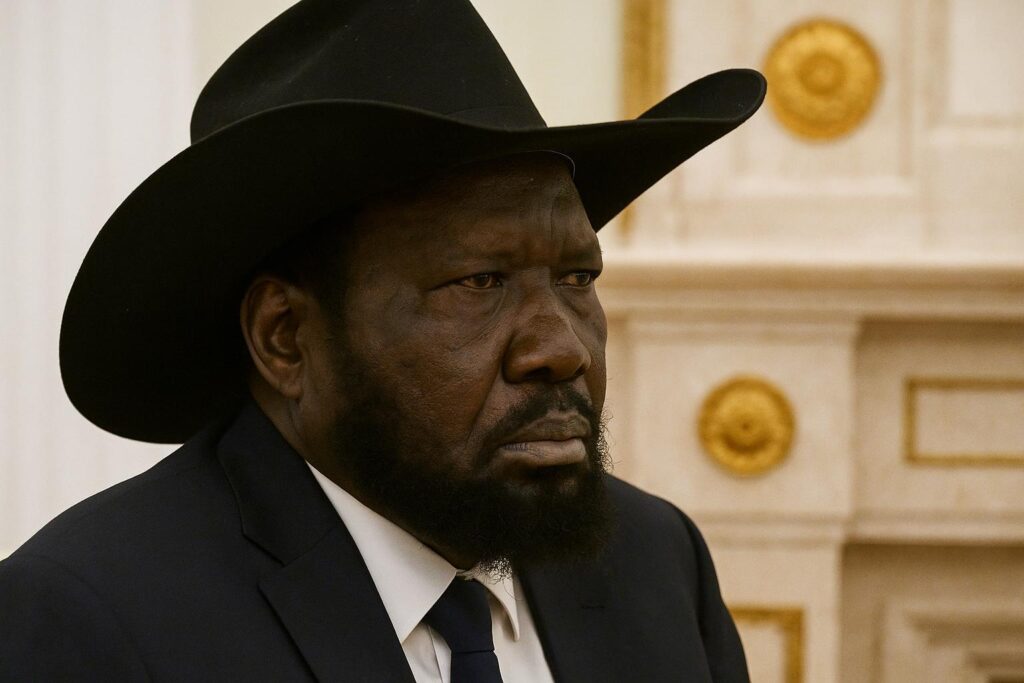Rapid leadership changes in Juba
President Salva Kiir Mayardit has moved swiftly to fill three high-profile seats, naming Gen. James Koang Chuol deputy defence minister, promoting Maj. Gen. Valentino Baak Makuei to command the Presidential Guard, and replacing veteran politician Deng Alor Kuol at the East African Community Affairs ministry.
Koang’s return to cabinet spotlight
Koang, a senior SPLM figure relieved of the Upper Nile governorship last week, steps into a post left vacant since March 2023. His elevation preserves Kiir’s control of the defence docket, which the 2018 peace deal originally earmarked for the SPLM-IO of First Vice President Riek Machar.
Tiger Division gets a new leader
Baak, formerly the president’s aide-de-camp, rises to major general and assumes command of the elite Tiger Division. The Juba-based formation, expanded during the 2013 civil war, now ranks among the South Sudan People’s Defence Forces’ most influential units, charged primarily with safeguarding the presidency.
East African Community portfolio reshaped
Kiir simultaneously dismissed Deng Alor Kuol, one of the Former Detainees, installing Bany Gideon Mabor as minister. Observers note that the switch occurs amid renewed efforts to deepen South Sudan’s regional integration, including the long-awaited rollout of the bloc’s common external tariff.
Analysts cite consolidation concerns
Policy analyst James Boboya sees the decrees as part of a broader strategy “to consolidate a one-party state under the façade of the peace agreement” (Radio Tamazuj). He argues that rapid rotations weaken potential rivals and transform ministries into extensions of the ruling SPLM.
Balancing stability with inclusivity
Supporters counter that frequent reshuffles keep institutions agile and maintain security during a delicate pre-election period. Whether the newest appointees wield genuine autonomy or merely reflect presidential oversight will shape the implementation of reforms promised for the transition beyond 2024.
Next steps for the peace roadmap
The revitalised government is expected to accelerate defence unification, constitutional drafting and electoral preparations. The president’s latest appointments, officials insist, are “operational decisions designed to fast-track benchmarks, not to marginalise partners”. The coming months will test that assurance on both political and security fronts.


